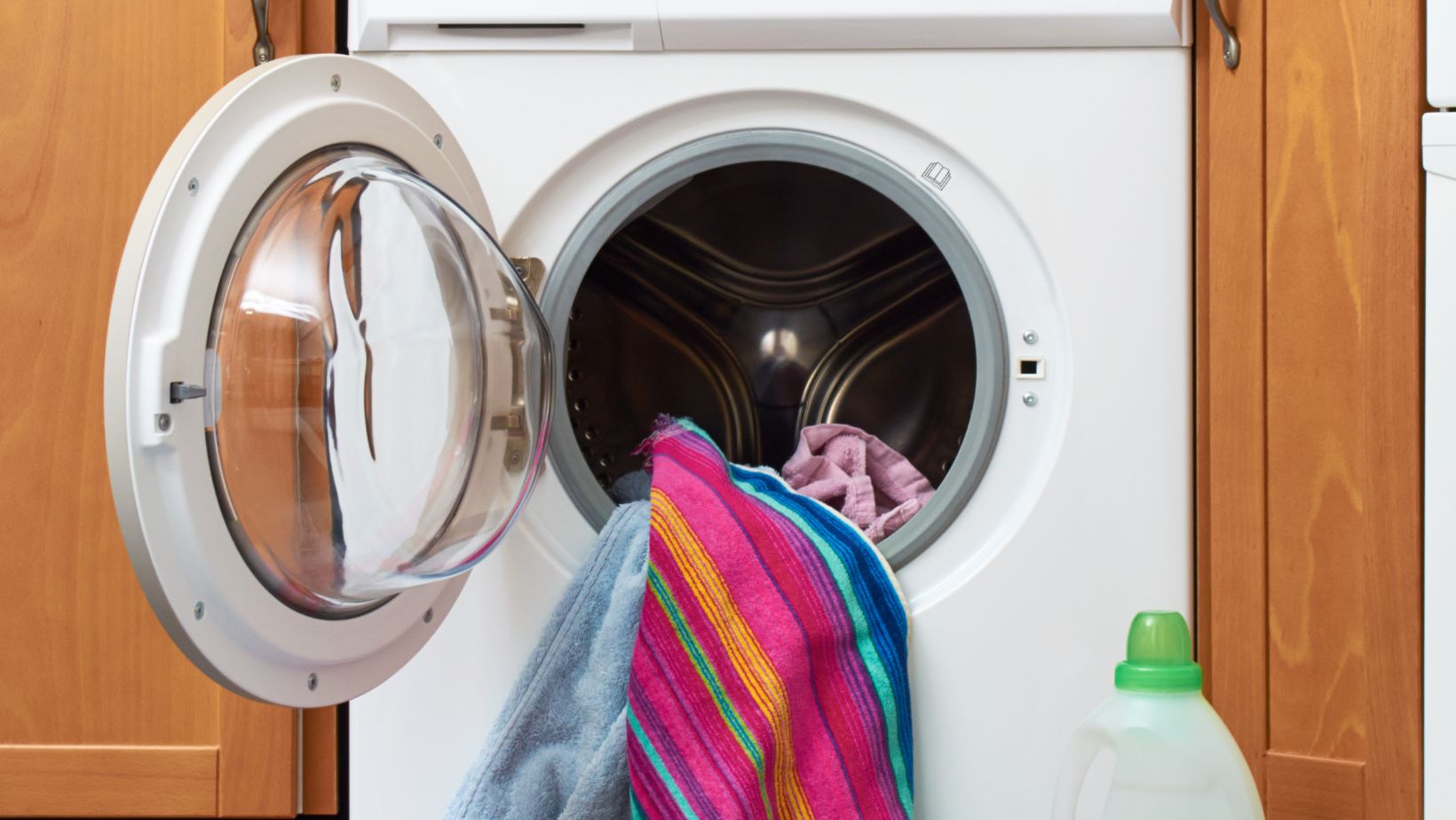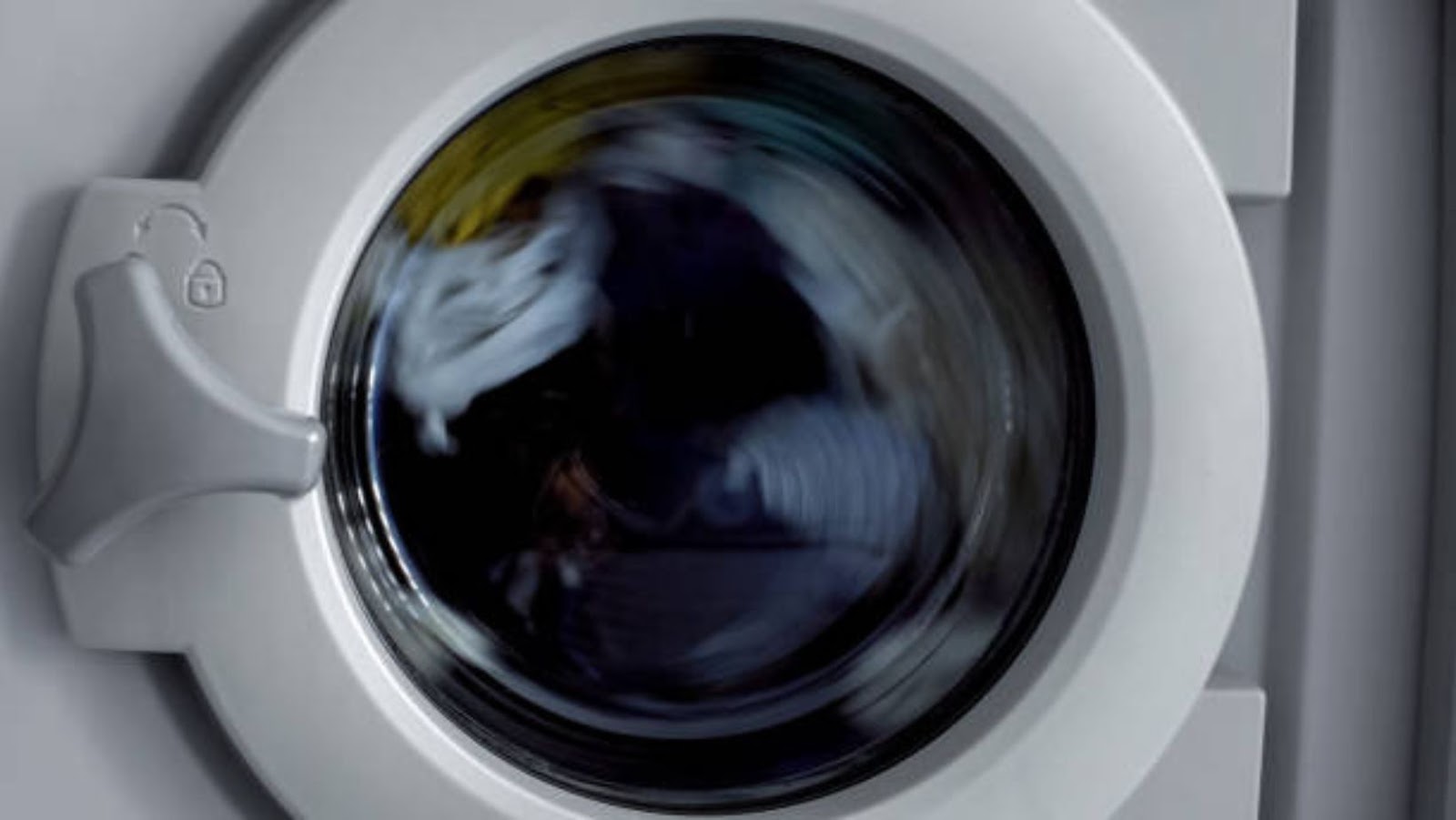Common Issues of Washers and Repair Tips

Hi, I am Betty Knight, Owner of this site! I…
Whether you have an old washer or a newer model, it’s likely that you will encounter some common washer issues from time to time. In this guide, we’ll explore some of the most common washer problems and offer tips for repairing them on your own.
If your washer seems sluggish in terms of its normal cycle speed, there could be a number of possible causes for this issue, such as clogged filters, a damaged belt, or a washer that is out of balance. To address these problems, start by checking the washer’s filters to ensure that they are not clogged with dirt and debris.
Usually, those problems involve the washer’s motor, water supply, and washer hoses. Fortunately, there are several tips that can help you troubleshoot these issues and get your washer back up and running in no time. However, if you are not comfortable dealing with the issues, you are always recommended to call an expert.
For starters, if your washer is having trouble getting water into the drum or draining out of the drum, this may be due to a clogged water supply or a drainage hose. To clear these clogs, try using a plunger on the washer’s drain hose or clearing any debris from the filter at the bottom of your washer.
If your washer’s motor seems to be struggling or making loud noises, this may be a sign that it is worn out and in need of replacement. To determine if this is the case, you can carefully inspect your washer’s belts and pulleys for wear, as well as check the washer’s motor for any signs of damage.
Here are some more tips in detail:
Leaking
One of the most common washer issues is leaking water during use. This can be caused by several different factors, including a clogged drain hose, leaky washer hoses, or loose connections in the washer itself. To fix these leaks, start by checking all hoses and connections for cracks or other damage. You may also need to clean out any clogs in your washer’s drain hose using a plumbing snake or other tool.
Overflowing washer

If your washer is overflowing, there is likely an issue with the water level or drainage system in your washer. To troubleshoot this problem, first, check to make sure that the washer’s water fill hoses are properly connected and not kinked or pinched. You may also need to adjust the water level setting on your washer if it appears that too much water is being used during each load.
Stuck washers/smelly washer tubs
Another common washer problem is that the washers inside of the machine can get stuck or stuck together, causing a buildup of dirt and grime over time and leading to bad smells in your washer.
If your washer’s motor seems to be struggling or making loud noises, this may be a sign that it is worn out and in need of replacement. To determine if this is the case, you can carefully inspect your washer’s belts and pulleys for wear, as well as check the washer’s motor for any signs of damage.
To prevent this problem, be sure to clean out the washers on a regular basis using a mild detergent and a soft cloth or sponge.
Loud noises during the washer cycle
If your washer is making loud, unusual noises when in use, there may be an underlying issue with the machine’s motor or pump system that needs to be addressed by a professional repair technician. To avoid causing further damage to your washer, it’s best to have these types of repairs completed as soon as possible.
Slow washer cycle speed

If your washer seems sluggish in terms of its normal cycle speed, there could be a number of possible causes for this issue, such as clogged filters, a damaged belt, or a washer that is out of balance. To address these problems, start by checking the washer’s filters to ensure that they are not clogged with dirt and debris. You may also want to check your washer’s belt for wear and tear and adjust the washer’s leveling feet as necessary to keep it properly balanced during each load.
With proper care and maintenance, your washer should run smoothly for years to come!
What's Your Reaction?
Hi, I am Betty Knight, Owner of this site! I am a 'nearing 30-year-old', happily married to 1 awesome man. We live in the beautiful tourist town of Franklin NY.



